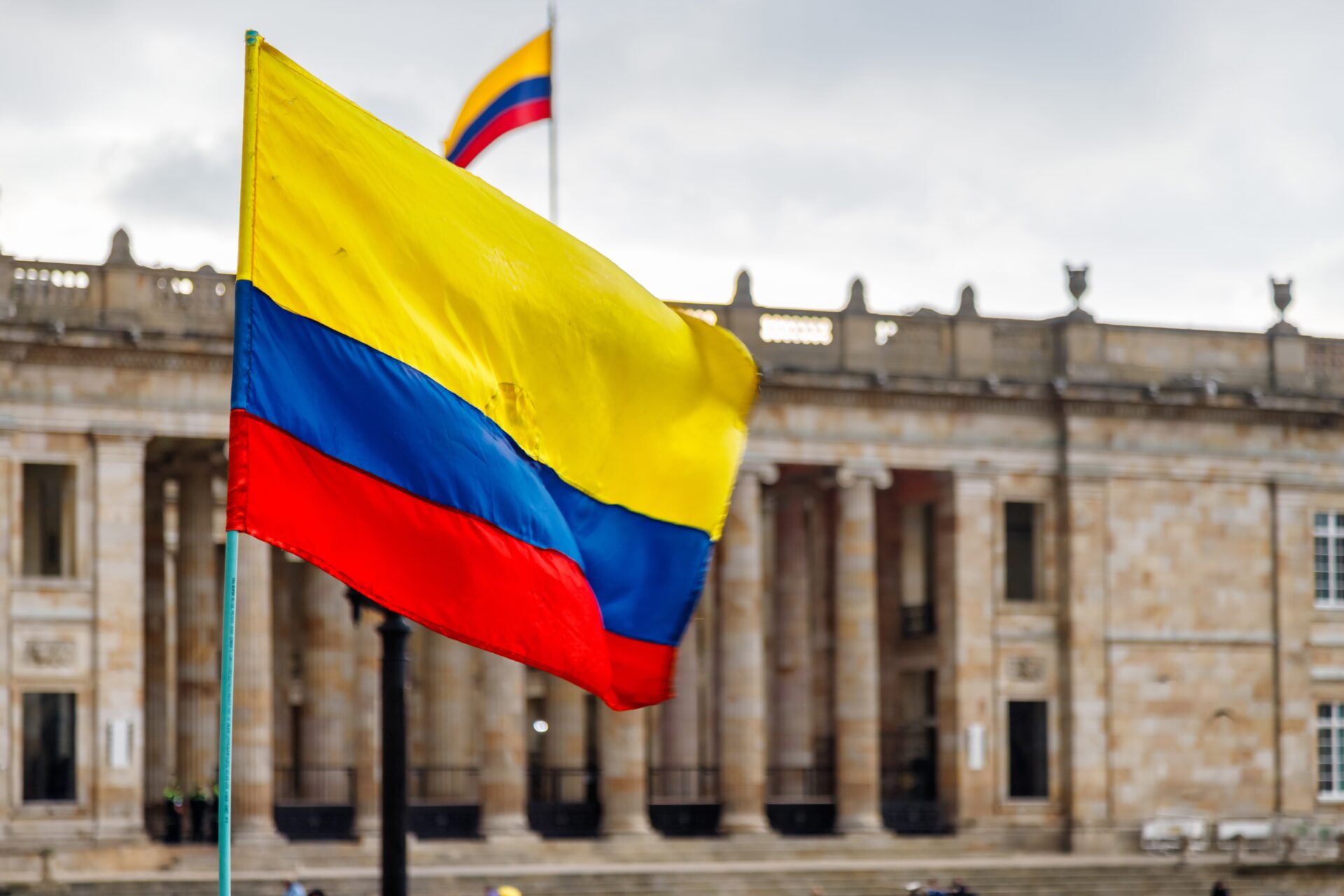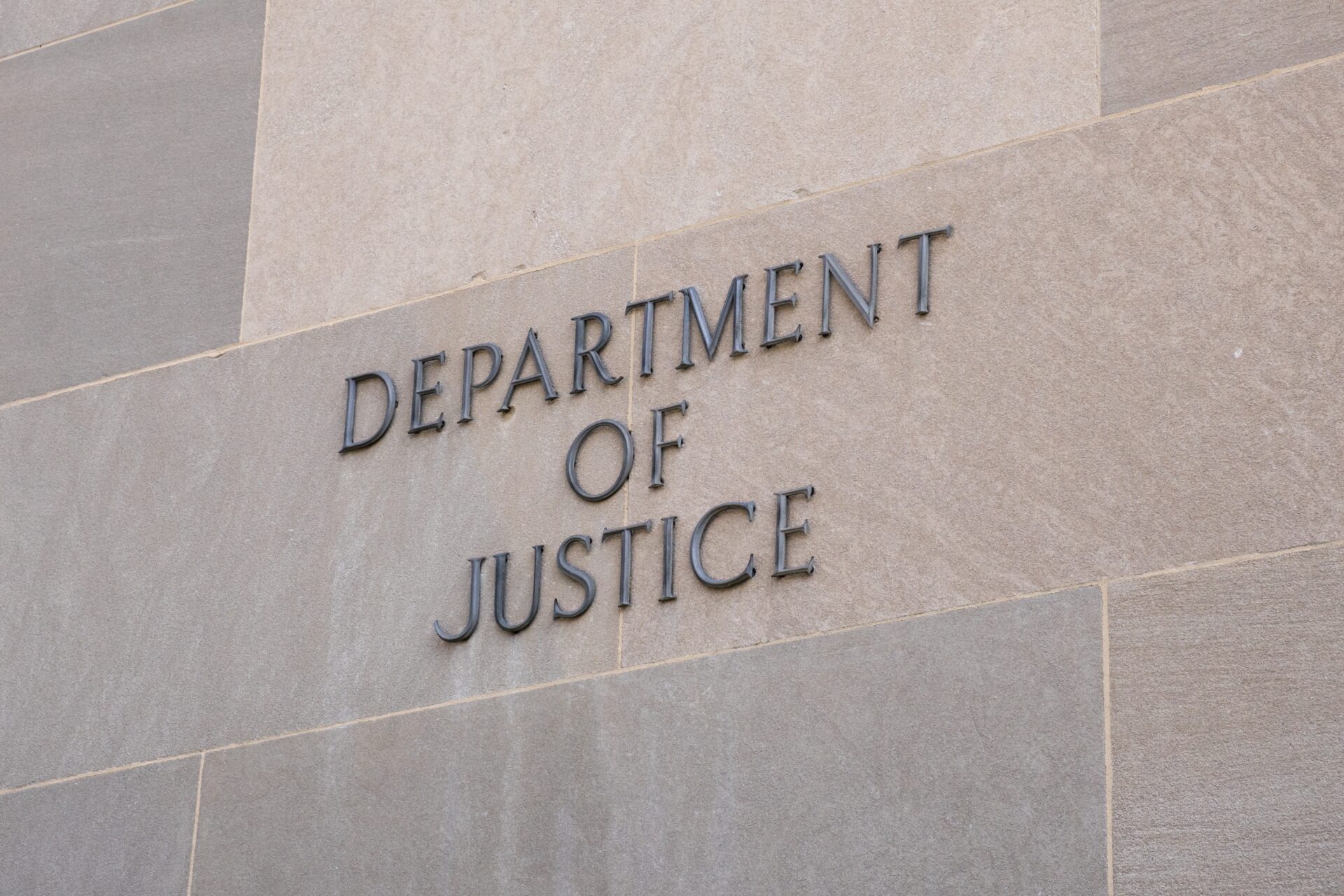
US-Colombia Tensions Rise Over Drug Trafficking Claims
A new diplomatic standoff has emerged, impacting U.S.-Colombia relations. Tensions have escalated following accusations of drug trafficking and recent U.S. military actions in Colombia.
Story Highlights
- President Trump has made accusations against Colombian President Gustavo Petro regarding cocaine production and export.
- U.S. military actions against suspected drug operations in Colombia have contributed to rising tensions.
- The White House has confirmed President Trump’s position against de-escalating diplomatic tensions.
President Donald Trump has indicated a lack of interest in de-escalating tensions with Colombia, following accusations directed at Colombian President Gustavo Petro. Trump has accused Colombia of significant cocaine production and export. This situation follows U.S. military actions against suspected drug operations in Colombia in mid-October. On October 23, the White House confirmed Trump’s stance, stating that the U.S. would maintain its position.
On October 18, Colombian President Gustavo Petro reported a U.S. strike on a civilian boat, which he linked to drug trafficking and which resulted in the death of a Colombian sailor. This incident has further intensified tensions between the two countries. The following day, Trump reportedly demanded that Petro halt all drug production, with threats of U.S. intervention. On October 20, Trump publicly criticized Petro and accused Colombia of being out of control due to drug production.
Trump 'frankly' NOT INTERESTED in de-escalation with Colombia
WH Spox says not seeing de-escalation from 'UNHINGED leader of Colombia' either https://t.co/OlRLX8QnGM pic.twitter.com/SXkQB7q8ls
— RT (@RT_com) October 23, 2025
Historical Context and Political Dynamics
Relations between the United States and Colombia have historically been complex, largely due to issues surrounding drug trafficking. Colombia’s role as a major cocaine producer has frequently led to disagreements with U.S. policy, which has consistently focused on reducing drug flows into the United States. The election of Gustavo Petro, a left-wing leader advocating for alternative drug policies, has introduced new dynamics to the relationship, challenging established U.S. approaches.
Past events, including military actions and sanctions, have often strained diplomatic relations. The current situation highlights broader challenges in global drug policy discussions, as nations address enforcement alongside social development. The U.S. maintains economic and military influence, while Colombia seeks to assert its policy independence.
Implications of the Diplomatic Standoff
The ongoing diplomatic standoff carries potential implications for both nations. In the short term, increased tensions could lead to further military actions or economic sanctions, affecting both economies. Colombian citizens may experience economic and security challenges, and U.S. interests in the region could be affected. Long-term consequences could include impacts on regional security, the effectiveness of drug policies, and bilateral trade agreements.
Some analysts interpret Trump’s stance as an effort to reinforce U.S. influence in the region, while others argue that this approach may be counterproductive. As the situation develops, it remains important for both nations to consider the broader effects of their actions on regional security and global drug policy discussions.
Watch the report: White House Calls Colombia President “Unhinged” Amid Spat Over US Strikes On Alleged Drug Boats | 4K
Sources:
Leavitt stated Trump’s disinterest in de-escalating relations with Colombia
Trump ‘not interested’ in escalation with ‘unhinged’ leader of Colombia
White House says Colombian leader ‘unhinged’ amid spat over boat strikes


